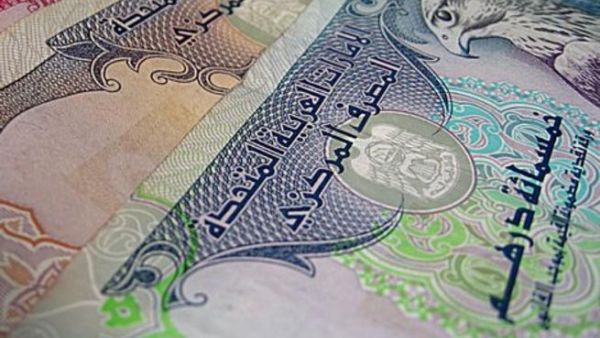While paper money is fast disappearing in many countries around the world, cash is still king in the UAE, with majority of the consumers still opting to pay for daily essentials, restaurant meals and other household expenses with cash.
Network International recently polled UAE residents and asked them how they normally pay for groceries, electronic goods, luxury products, fast food, big-ticket items and remittances to their home countries.
Among the "purchase categories," ten out of 12 of them were paid with cash. Credit cards emerged as the next most frequently used payment method, followed by debit cards, prepaid cards and other payment tools like cheques and online banking.
“Cash is clearly still king for UAE residents which is certainly unique to the region and a contrast to other global trade centres where cashless transactions are more prevalent,” said Bhairav Trivedi, chief executive officer of Network International.
Trivedi said the trend is not new, citing that it is “at odds with the UAE’s adoption of new technologies and drive to be a leader on innovation.” “Cash will remain important as a payment system in the UAE, but there is a huge opportunity to educate UAE consumers on the merits of alternative payment methods.”
The findings of the survey suggest that consumers still consider cash to be “quicker” and “safer,” and it gives them more control on their spending. The study was done by market research company YouGov in the second quarter of 2015 and covered more than 1,000 expatriates and UAE nationals across the emirates.
Consumers said the use of paper money helps them avoid spending beyond their budget and makes them feel that their transaction is secure.
“I use cash wherever possible especially if the purchases are not extravagant, simply because it’s way safer than using the card and secondly, using cash helps me be more mindful about my expenses,” said Sharon Pereira, an expatriate from India.
Another expatriate, Melwyn Abraham, said he withdraws a certain amount of money each week and makes sure he doesn’t go beyond that. “[I] try and manage my expenses within that amount. When I use the card, I tend to have no idea how much I am spending until I see my end-of-month statements. Cash helps me avoid overspending.”
In Network International’s survey, only a few of the consumers (17 percent) reported using their credit card two to three times a week and another 16 percent said they use the card more than four times a week. Only about a third (37 percent) said they use a credit card once or less than once a week.
Among those who use credit cards, Asian expatriates topped the chart, with about a quarter (25 percent) of them saying they use their card about two to five times a week. Arab expatriates emerged as the second top user of credit cards (22 percent).
When it comes to debit cards, more awareness is clearly needed to convince consumers to swipe them more often. The majority of the respondents (51 percent) said they rarely use their debit card, swiping it only once or less than once a week, while 15 percent said they use the card two or three times a week and only 12 percent use it four or more times a week.
Expatriates from Western countries are the ones who rely on debit cards the most, with 30 percent of them using the plastic money between two and five times a week. The next most frequent users of debit cards are expatriates from Arab countries, with 23 percent of them using the same payment method, followed by Asians (18 percent) and Emiratis (17 percent).
By Cleofe Maceda








